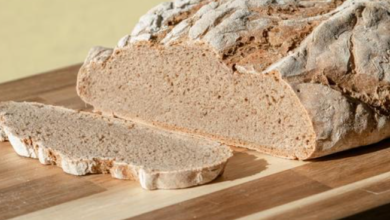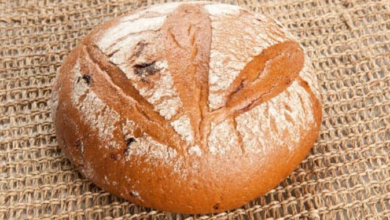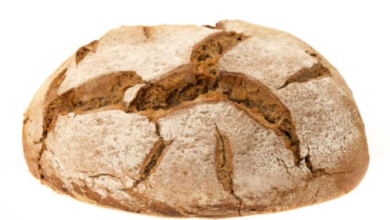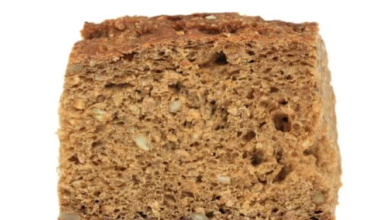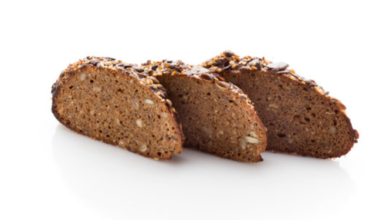Why is my rye bread sticky? You’re not the only one!
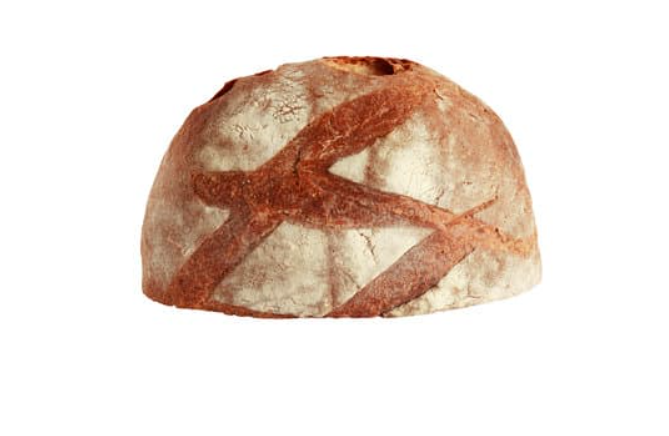
What To Know
- Remember, baking is a journey of exploration and learning, and every loaf you bake is an opportunity to refine your skills and create something truly special.
- Sourdough rye bread uses a sourdough starter as the leavening agent, resulting in a tangier flavor and a longer shelf life.
- You can substitute up to 50% of the rye flour with whole wheat flour, but the bread will have a different texture and flavor.
Baking rye bread can be a rewarding experience, but encountering a sticky loaf can leave you perplexed. Understanding the reasons behind this stickiness is crucial for improving your baking skills and achieving the perfect rye bread.
Causes of Sticky Rye Bread
1. Insufficient Fermentation: The natural yeast in rye flour requires adequate time to ferment and develop the dough’s structure. Insufficient fermentation can result in a sticky, dense bread.
2. Too Much Water: Rye flour absorbs more water than other flours. Adding too much water can create a dough that is too wet, leading to stickiness.
3. Over-kneading: Kneading the dough excessively develops too much gluten, making the bread tough and sticky. Rye dough should be kneaded gently to avoid overworking it.
4. Insufficient Baking: Undercooked rye bread will be sticky and gummy. Ensure your bread is baked thoroughly until it reaches an internal temperature of 200°F (93°C).
5. Stale Bread: As rye bread ages, it can become sticky due to the redistribution of moisture. To prevent this, store your bread in an airtight container at room temperature.
6. High Humidity: Baking in a humid environment can cause the bread to absorb moisture and become sticky. Use a dehumidifier or bake during drier weather.
7. Incorrect Flour: Some rye flours have a higher percentage of pentosans, a type of sugar that can contribute to stickiness. Choose a flour with a low pentosan content for less sticky bread.
Solutions for Sticky Rye Bread
1. Allow Ample Fermentation: Let the dough rise in a warm place until it doubles in size. This ensures the yeast has enough time to develop the dough’s structure.
2. Measure Water Accurately: Use a kitchen scale to measure the water and follow the recipe’s instructions precisely to avoid adding too much water.
3. Knead Gently: Knead the dough just until it comes together and forms a cohesive ball. Over-kneading will toughen the bread and make it sticky.
4. Bake Thoroughly: Check the bread’s internal temperature with an instant-read thermometer to ensure it is cooked through.
5. Store Properly: Keep your rye bread in an airtight container at room temperature to prevent it from becoming stale and sticky.
6. Adjust for Humidity: Use a dehumidifier or bake during drier weather to reduce the amount of moisture in the air.
7. Choose the Right Flour: Select a rye flour with a low pentosan content for less sticky bread.
Tips for Preventing Sticky Rye Bread
- Use a sourdough starter to enhance the fermentation process.
- Add a small amount of vital wheat gluten to strengthen the dough.
- Brush the dough with water before baking to create a crisp crust.
- Bake the bread on a preheated baking stone or Dutch oven.
- Allow the bread to cool completely before slicing to prevent tearing.
Beyond Conclusion: Embracing Baking Success
Understanding the reasons behind sticky rye bread empowers you to troubleshoot and achieve baking success. By following these tips and solutions, you can create delicious, perfectly textured rye bread that will delight your taste buds and impress your loved ones. Remember, baking is a journey of exploration and learning, and every loaf you bake is an opportunity to refine your skills and create something truly special.
Basics You Wanted To Know
Q: Why does my rye bread become sticky after a few days?
A: This is likely due to moisture redistribution. Store your bread in an airtight container at room temperature to prevent this.
Q: Can I use a bread machine to make rye bread?
A: Yes, but be sure to adjust the recipe to suit the machine’s capabilities and reduce the amount of water slightly.
Q: What is the difference between rye bread and sourdough rye bread?
A: Sourdough rye bread uses a sourdough starter as the leavening agent, resulting in a tangier flavor and a longer shelf life.
Q: Can I substitute other flours for rye flour?
A: You can substitute up to 50% of the rye flour with whole wheat flour, but the bread will have a different texture and flavor.
Q: Why is my rye bread too dense?
A: This could be due to insufficient fermentation, over-kneading, or undercooked bread. Ensure you allow ample fermentation time, knead gently, and bake the bread thoroughly.
